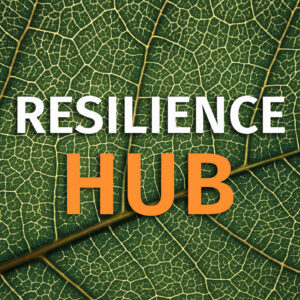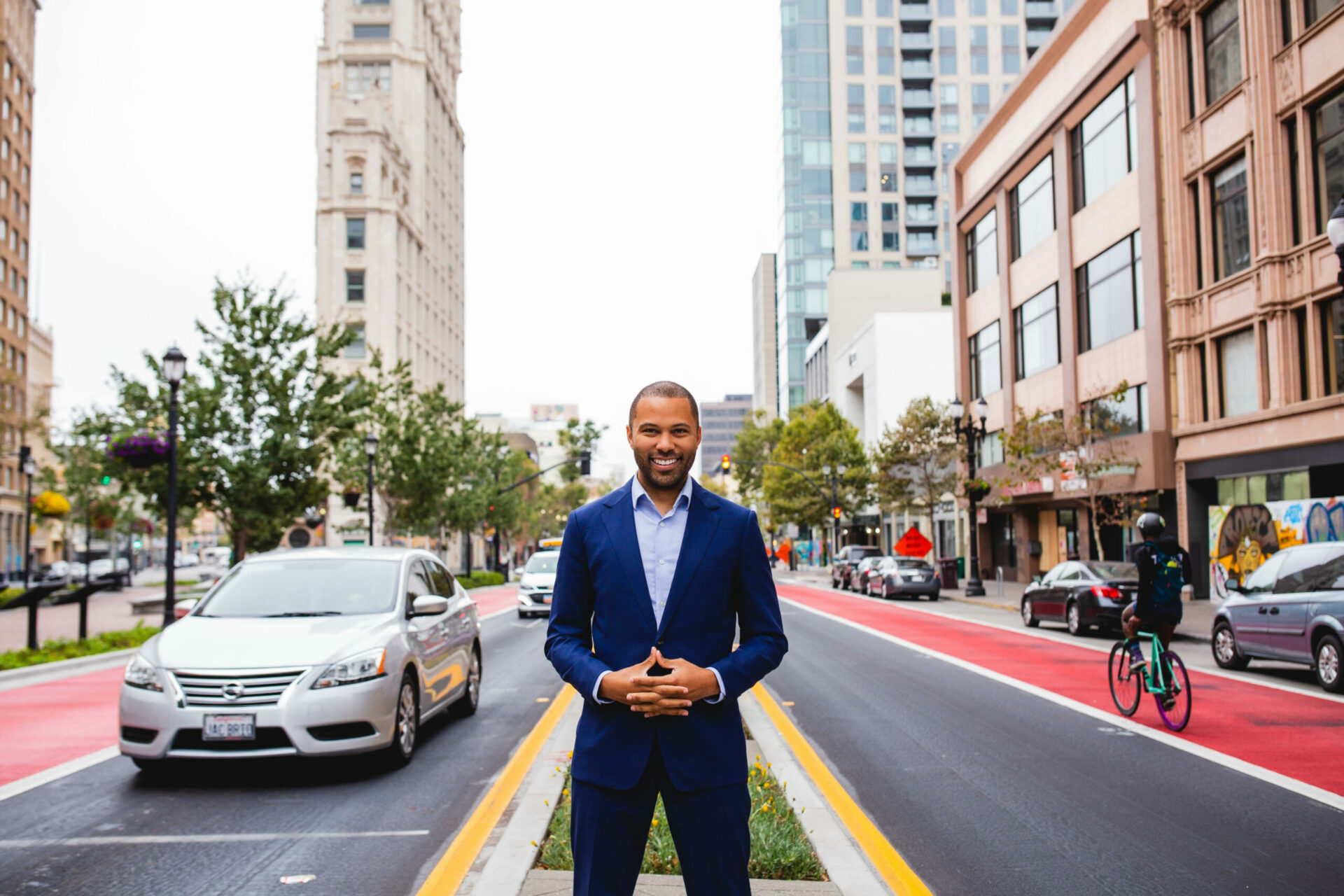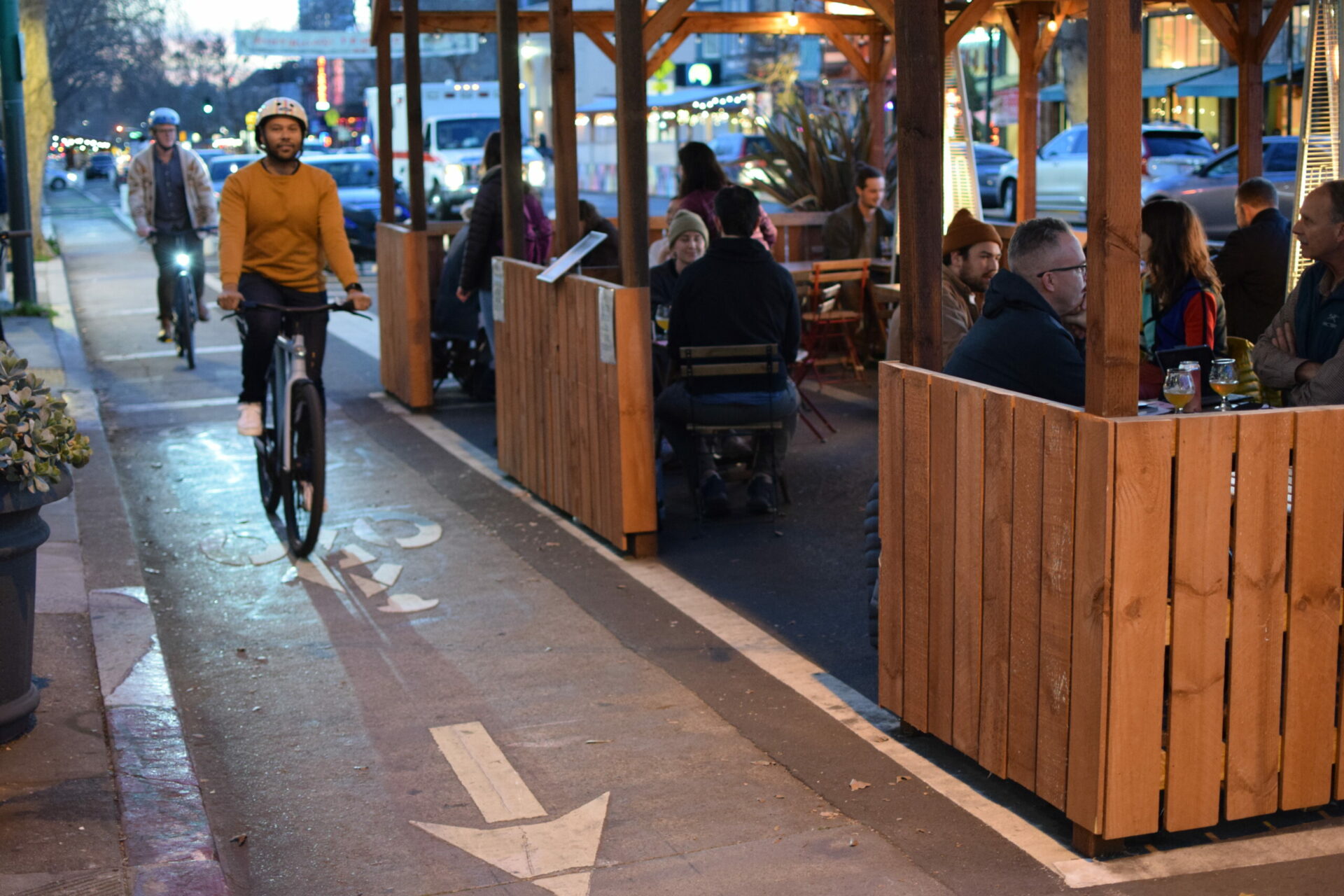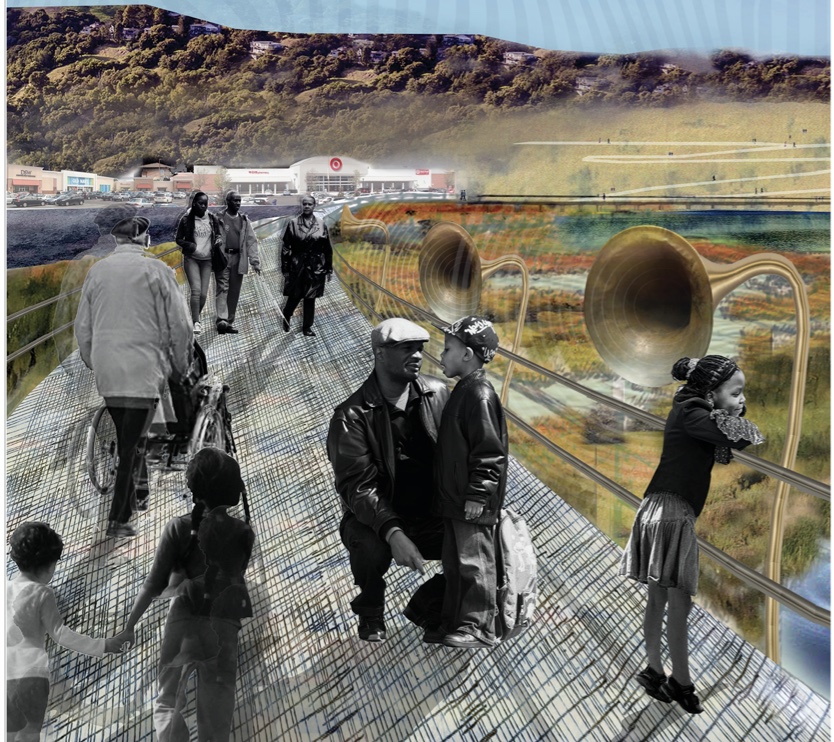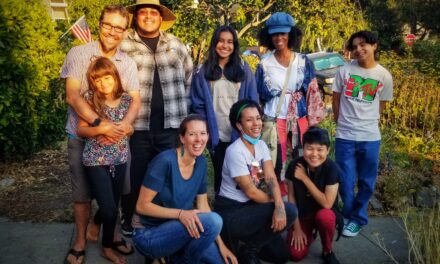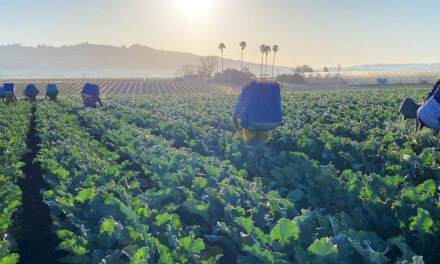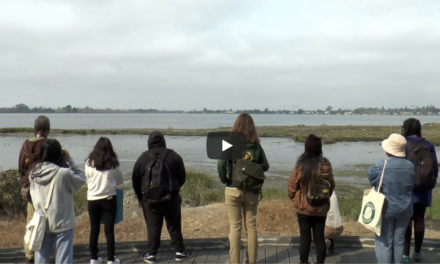Warren Logan’s Fight for Safer Streets
Warren Logan is confident that if we fight for safer streets, we can have them. As the former Policy Director of Mobility and Interagency Relations with the City of Oakland, Logan has played an instrumental role in fighting for safe, bikeable, and walkable streets throughout the city.
“In Oakland, by the numbers, you are more likely to be hit by a car than cancer or a stray bullet,” says Logan.
According to a 2018 Oakland Equity Indicators Report, the City of Oakland experiences approximately two severe or fatal traffic crashes each week, which disproportionately impact those who are Black, Indigenous, or people of color (BIPOC), high priority communities, and seniors.
During Logan’s tenure with the City of Oakland, he directly addressed the issue he was most passionate about: transportation equity. He strongly advocated for the Safe Oakland Streets (SOS) Initiative as an emergency response to the pandemic and traffic safety concerns.
“Black and brown people are taught to accept what is in front of them,” says Logan. “We and everybody deserve more.”
From implementing traffic safety projects to conducting citywide crash analyses, Warren made BIPOC communities a priority and increased the participation of the most impacted residents in community meetings. He also worked with communities and local businesses on Oakland Slow Streets, which designates certain blocks for use by bikers and pedestrians only.
Logan cycling down a protected bike lane in Oakland’s Temescal Neighborhood. Photo: Kerby Olsen, City of Oakland.
After six months with the Oakland’s Mayor’s Office, the COVID-19 pandemic started. Logan took on a second role, serving as Oakland’s Emergency Response Director and Community Resilience Officer.
Through this new position, Logan was able to apply traffic safety to other emerging issues such as the need for more public open space. For example, Logan advocated to remove the I-980 freeway, which has historically divided West Oakland from the city’s main downtown.
“In two years, we were able to turn this project from a pipe dream to a million-dollar state-sponsored concept study. It is now someone’s actual job to figure out what will happen to this freeway,” says Logan.
Logan’s passion for community reflects his family’s long history of civic engagement. His grandfather, Theophilus Logan, currently 105 years old, was instrumental in supporting Black families trying to purchase homes in Southern California as the first African-American Board of Realtors president.
“Every person in my family asks: how do we help the people around us?” says Logan. “My answer: I try to think about the upstream issues and ask the ‘why’ questions to get to the heart of things.”
After two years with the City of Oakland, Logan joined Lighthouse Public Affairs. This California-based consulting firm tries to foster collaborative relationships between government, neighborhood leaders, and private stakeholders so they can tackle big challenges, such as climate change, affordable housing, and equitable mobility, together.
In the middle of one of the hottest years on record, Logan says he wants to fight the idea that there is nothing we can do about climate change. “I hope that we take hyperlocal action [to increase our] climate resilience,” says Logan. “We are somewhere between a sinking ship and melting iceberg, but I want to prove to people that we can dream again.”
Other Recent Posts
Reforming Rules to Speed Adaptation
Bay Conservation and Development Commission to vote early this year on amendments designed to expedite approval of climate projects.
Warner Chabot Shifts Gears
After 11 years at the helm of the Bay Area’s leading science institute, its leader moves back into the zone of policy influence.
Is Brooklyn Basin Emblematic of Regional Development Vision?
The 64-acre waterfront development adds thousands of new housing units to one of the world’s most expensive places, but questions remain about its future.
Coordinate or Fall Short: The New Normal
Public officials and nonprofits say teaming up and pooling resources are vital strategies for success in a climate-changed world.
Pleasant Hill Gets Sustainable Street Improvements
An intersection redesign with safer bike lanes earned a national Complete Streets award, while sparking mixed reactions from drivers.
Six Months on the Community Reporting Beat
The magazine worked with four journalists in training from community colleges, and began building a stronger network in under covered communities.
Rio Vista Residents Talk Health and Air Quality
A Sustainable Solano community meeting dug into how gas wells, traffic, and other pollution sources affect local air and public health.
New Year Immerses Concord Residents in Flood Preparations
In Concord, winter rains and flood risks are pushed residents to prepare with sandbags, shifted commutes, and creek monitoring.
What You Need to Know About Artificial Turf
As the World Cup comes to the Bay Area, artificial turf is facing renewed scrutiny. Is it safe for players and the environment?
Threatened by Trump’s Policies, GreenLatinos Refuses to Back Down
National nonprofit GreenLatinos is advancing environmental equity and climate action amid immigration enforcement and policy rollbacks.



